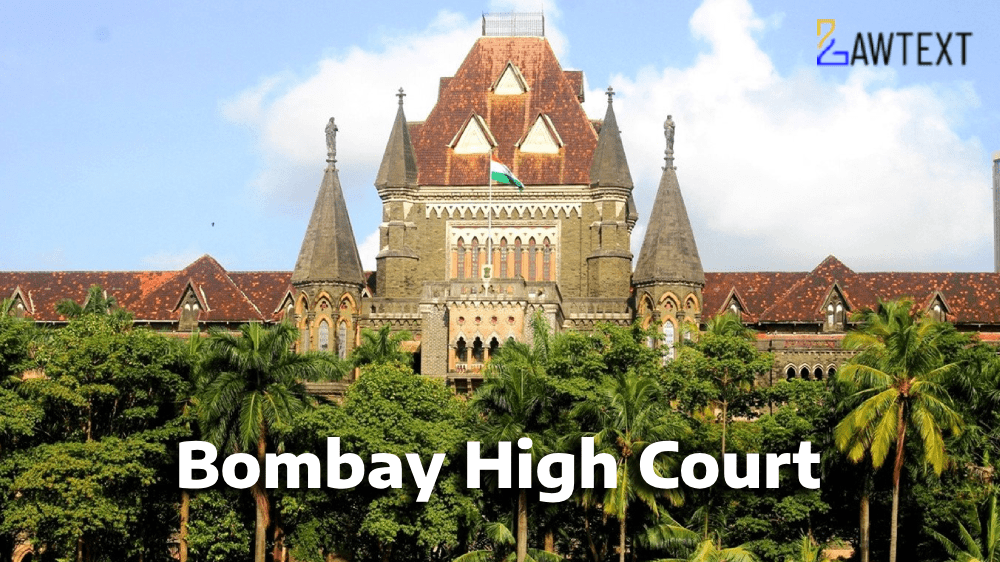

The High Court of Bombay addressed the issue of jurisdictional competence between the Waqf Tribunal and the Civil Court. The case revolves around the Plaintiff's claim of easementary rights over the Defendant's Waqf property and the Defendant's challenge to the jurisdiction of the Civil Court based on the Waqf Act, 1995.
The Kausa Jama Masjid Trust (Defendant) challenged an order by the Civil Court rejecting its plea to dismiss a suit filed by Plaintiffs (Respondents) seeking easementary rights over Waqf property, arguing that jurisdiction lay with the Waqf Tribunal.
Plaintiffs filed a suit in Civil Court for a declaratory judgment affirming their right of way through land belonging to the Defendant, the Kausa Jama Masjid Trust, and sought protection against any obstruction by the Trust.
The Defendant, citing Order VII, Rule 11(d) of the CPC, argued that the Civil Court lacks jurisdiction as per Sections 83 and 85 of the Waqf Act, 1995, which designate the Waqf Tribunal to handle disputes involving Waqf property.
The Trial Court dismissed the Defendant's jurisdictional objection, affirming that it retained the authority to adjudicate the matter. This prompted the Defendant to file the current Civil Revision Application.
Plaintiffs argued that they have exercised an uninterrupted right of way over the Defendant’s Waqf property for over 32 years. They further expressed concern over potential encroachment following the Defendant’s application for a property survey.
The Defendant relied on Supreme Court precedents asserting the Waqf Tribunal’s jurisdiction in cases involving Waqf property disputes, emphasizing the Waqf Tribunal’s exclusive powers similar to those of a Civil Court.
Plaintiffs contested the jurisdictional claim, arguing that their suit, based on easementary rights, was outside the scope of disputes typically under Waqf Tribunal jurisdiction, as it did not involve ownership or tenancy matters.
The Court analyzed whether the suit, based on easementary rights, should indeed fall under Civil Court jurisdiction. It noted that Plaintiffs’ suit, centered on maintaining their right of way without impacting the Waqf property’s status, was different from property disputes governed by the Waqf Tribunal.
The Court noted the Plaintiffs' suit was largely based on apprehension of obstruction, as no direct interference had been documented. The Court observed that the cause of action was speculative and did not justify continuation in Civil Court.
The Civil Court lacks jurisdiction when a suit pertains to Waqf property disputes falling under Sections 83 and 85 of the Waqf Act. Since the Plaintiffs’ claim was based on speculative apprehension without concrete cause of action, the Civil Court deemed the suit non-maintainable.
Citation: 2024 LawText (BOM) (10) 2503
Case Number: CIVIL REVISION APPLICATION NO. 455 OF 2024
Date of Decision: 2024-10-25
Case Title: Kausa Jama Masjid Trust Thr. Its Chief Trustee Haroon Qamrudin Raut Versus Smt. Fashibai Bhagirath Bhagat and Ors.
Before Judge: MILIND N. JADHAV, J.
Advocate(s): Mr. Sagheer Khan a/w Mr. Hamid Ansari, Ms. Afsha Khan, Ms. Nausheen Shaikh i/b Judicare Law Associates for Applicant. Mr. Pravin Tembhekar for Respondent Nos.1, 3 and 4.
Appellant: Kausa Jama Masjid Trust Thr. Its Chief Trustee Haroon Qamrudin Raut
Respondent: Smt. Fashibai Bhagirath Bhagat and Ors.